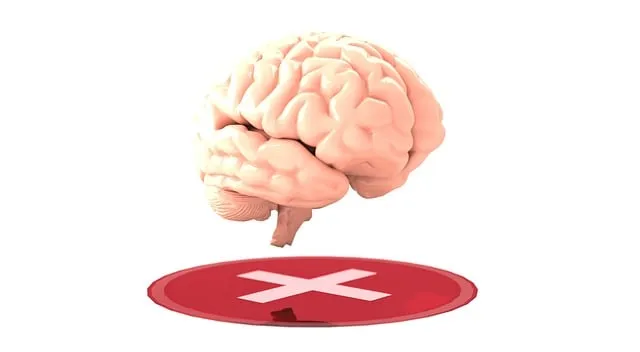Kaiser Permanente's CIT training in Westminster equips healthcare professionals to handle mental health crises effectively. These programs, focusing on cultural sensitivity, evidence-based practices, and de-escalation, enhance community safety and access to quality mental healthcare. Through simulated scenarios, team members learn immediate support and transitions to long-term care, promoting patient recovery. Kaiser Permanente's commitment to mental health coverage in Westminster offers lifelines to struggling individuals, with training initiatives that begin with self-awareness exercises and ensure swift, compassionate care. These programs contribute to reduced ER visits and hospital admissions, fostering a more resilient community environment.
Crisis intervention team (CIT) training programs are vital in equipping communities with essential skills to navigate mental health crises. This article explores the importance of CIT training, highlighting successful initiatives like Kaiser Permanente’s comprehensive mental health coverage and Westminster’s enhanced community support systems. By understanding these programs, we can foster better support for individuals facing mental health challenges, ultimately saving lives.
- Understanding Crisis Intervention Team Training
- Kaiser Permanente's Mental Health Coverage: A Lifeline
- Westminster: Enhancing Community Support Systems
Understanding Crisis Intervention Team Training

Crisis Intervention Team (CIT) training programs are designed to equip healthcare professionals with the skills needed to respond effectively during mental health crises, often involving individuals experiencing anxiety relief or severe emotional distress. These training initiatives, such as those offered by organizations like Kaiser Permanente in areas like Westminster, play a pivotal role in enhancing community safety and improving access to quality mental healthcare.
The programs focus on fostering cultural sensitivity in mental healthcare practice, ensuring that responders can navigate diverse situations with empathy and understanding. By participating in simulated scenarios and learning evidence-based practices, team members develop the capacity to de-escalate high-stress situations, provide immediate support, and facilitate smooth transitions to long-term care or treatment plans. This holistic approach not only benefits patients but also promotes the emotional healing processes necessary for recovery.
Kaiser Permanente's Mental Health Coverage: A Lifeline

Kaiser Permanente’s commitment to mental health coverage in Westminster is a beacon of hope for many struggling individuals. Their comprehensive programs go beyond basic insurance, offering a lifeline to those in crisis. Through dedicated training initiatives, Kaiser Permanente equips its teams with the skills to recognize and respond effectively to mental health emergencies.
These interventions often begin with self-awareness exercises designed to help professionals understand their own emotional responses. By fostering inner strength development, healthcare workers become more attuned to the nuances of mental distress, enabling them to provide tailored support. With an increasing focus on Mental Health Awareness, Kaiser Permanente’s initiatives ensure that those in need have access to swift and compassionate care, ultimately saving lives.
Westminster: Enhancing Community Support Systems

In Westminster, crisis intervention team (CIT) training programs have emerged as a vital component in enhancing community support systems, particularly within the context of mental health services. These programs, often sponsored by organizations like Kaiser Permanente, which offers comprehensive mental health coverage in the area, aim to equip citizens with the skills and knowledge needed to respond effectively during mental health crises. The CIT approach emphasizes emotional intelligence and empathy, crucial elements in de-escalating situations and fostering a supportive environment for individuals struggling with their mental well-being.
Through rigorous training sessions, participants gain an understanding of various stress reduction methods and mental health education programs designed to promote early intervention. This proactive approach not only benefits those directly involved but also contributes to the overall reduction of emergency room visits and hospital admissions related to mental health issues. By building a network of trained individuals within the community, Westminster is taking a significant step towards creating a more resilient and supportive environment for everyone, particularly those who rely on Kaiser Permanente’s mental health coverage.
Crisis intervention team training programs, like those implemented by organizations such as Kaiser Permanente and in communities like Westminster, are vital to enhancing community support systems. By equipping individuals with the skills to recognize and respond to crises effectively, these initiatives ensure that mental health coverage is not just provided but actively utilized. In today’s digital era, where the need for such support is increasingly evident, programs like these serve as a testament to communities prioritizing the well-being of their members.






